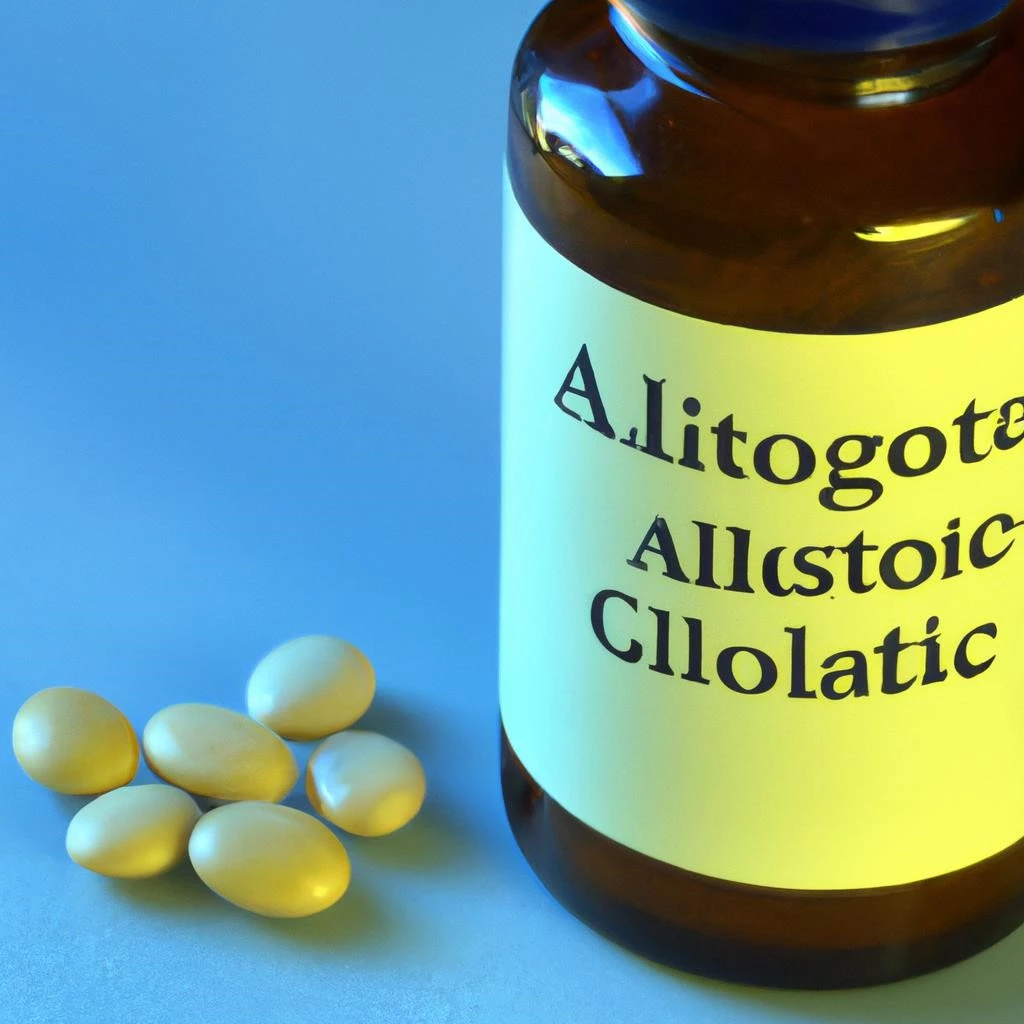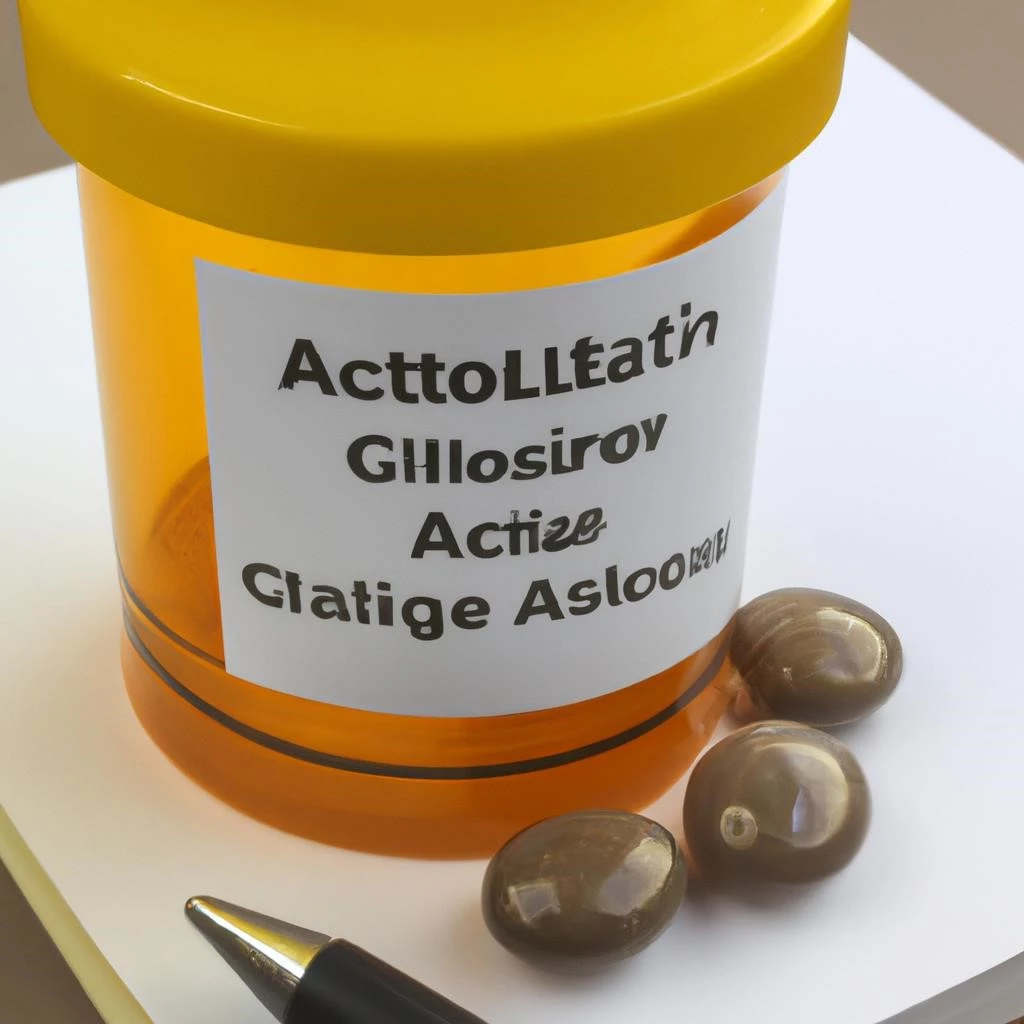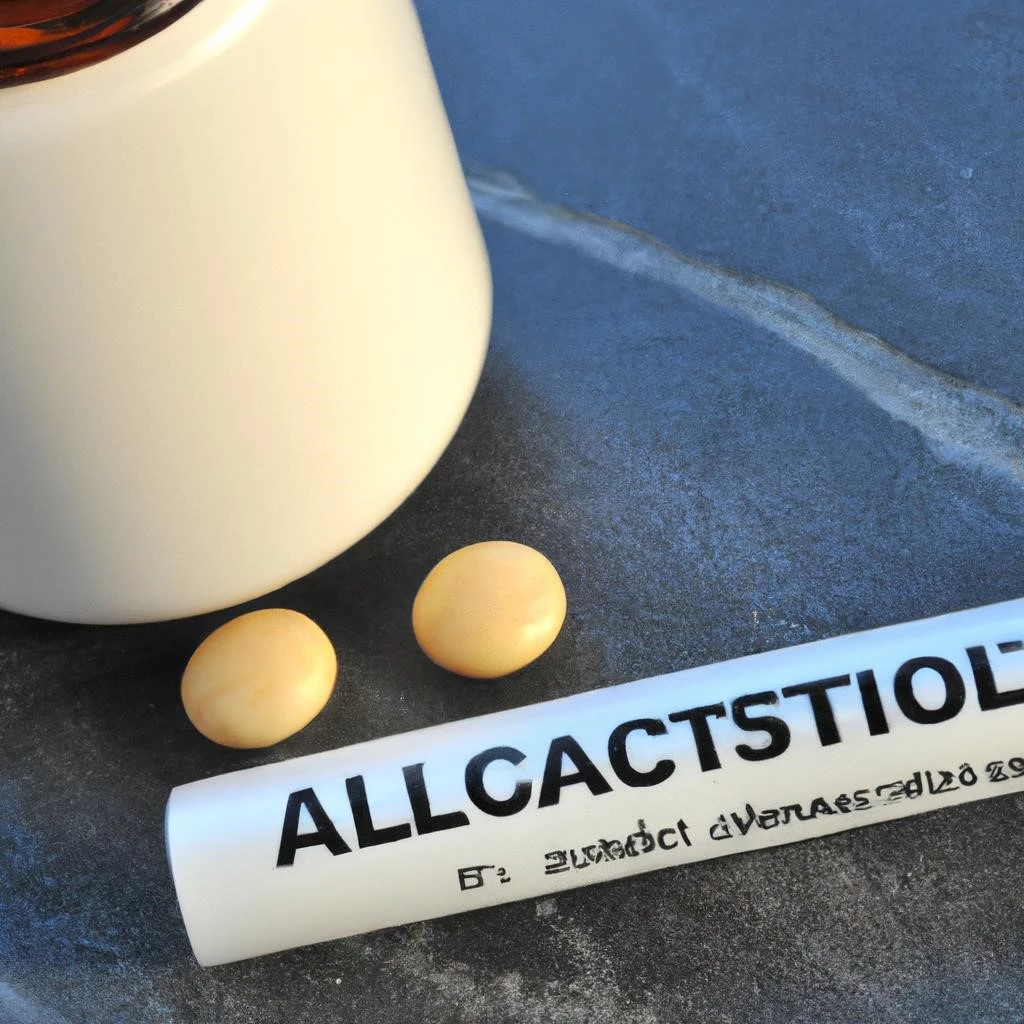Article Plan⁚ Actigall⁚ Dissolving Gallstones and Preventing Cholesterol Buildup
Ursodeoxycholic acid, known as ursodiol, is a bile acid used to dissolve gallstones. Actigall, the primary drug, works well for patients with cholesterol gallstones. It prevents stone formation by reducing cholesterol levels. However, Actigall may have interactions with certain drugs like estrogens and oral contraceptives. When it comes to dosage, the initial dose varies based on the condition being treated. Actigall is generally well-tolerated, but may cause mild side effects like diarrhea and nausea. It is crucial to consider precautions and potential contraindications, especially for pregnant women. In conclusion, Actigall plays a crucial role in treating gallstones and preventing cholesterol buildup, offering a safer alternative to older medications with severe side effects.
Introduction
Ursodeoxycholic acid, commonly known as ursodiol, is a secondary bile acid used to dissolve gallstones primarily comprised of cholesterol. Actigall is a medication that leverages ursodiol in treating gallstones and preventing the buildup of cholesterol in the gallbladder. Through its unique mechanism of action, Actigall alters the bile composition, facilitating the dissolution of cholesterol gallstones. As a safer alternative to older drugs with harsh side effects, Actigall plays a crucial role in managing gallstone-related conditions and promoting bile health.
Background of Actigall
Ursodeoxycholic acid, known as ursodiol, is a secondary bile acid that is present in normal human bile and certain other mammals’ bile. It is synthesized in the liver in certain species and is used to treat liver and bile duct diseases. Actigall, the primary drug containing ursodiol, is specifically effective in dissolving gallstones made of cholesterol in patients with specific conditions. Actigall helps prevent the formation of new gallstones, offering an alternative to older, more side-effect-prone medications. The drug works by lowering cholesterol content in bile, ultimately aiding in the dissolution of gallstones.
Medical Uses of Actigall

Actigall, containing ursodiol, is primarily used for dissolving gallstones made mostly of cholesterol. It is particularly effective for patients with cholesterol gallstones, especially when the stones are small and of the floating type. The medication works by altering the composition of bile, facilitating the dissolution of these types of gallstones. Actigall is also utilized in preventing the formation of new gallstones. Compared to older medications, Actigall is associated with minimal side effects, making it a valuable treatment option for individuals with specific gallstone conditions.
Mechanism of Action
Ursodeoxycholic acid, or ursodiol, the key component of Actigall, functions by reducing cholesterol secretion and dissolving cholesterol in bile. It suppresses the synthesis and secretion of cholesterol by the liver while inhibiting the intestinal absorption of cholesterol. Additionally, ursodiol alters bile composition, transforming it from cholesterol-precipitating to cholesterol-solubilizing, making it conducive to dissolving cholesterol gallstones. By increasing the concentration level at which saturation of cholesterol occurs in the bile, Actigall aids in the dissolution of gallstones.
Side Effects and Precautions
Actigall, which contains ursodiol, is generally well-tolerated, but some individuals may experience mild side effects such as diarrhea, nausea, or abdominal discomfort. Rarely, it can lead to an increase in cholesterol levels. It’s important to inform your healthcare provider about any side effects experienced while taking Actigall; Additionally, precautions should be taken when using Actigall, especially in cases where interactions with other drugs, such as estrogens, oral contraceptives, clofibrate, or other cholesterol-reducing medications, can occur. Pregnant women should also exercise caution due to insufficient studies on Actigall’s effects during pregnancy.
Usage and Dosage
When using Actigall for the dissolution of gallstones, the typical initial dose is between 8 to 10 mg/kg per day. For primary biliary cirrhosis, the dosage ranges from 13 to 15 mg daily, divided into three doses taken with meals. Actigall is generally well-tolerated, with mild side effects such as fatigue, nausea, headache, and weight gain being uncommon. It is essential to follow the prescribed dosage and inform your healthcare provider of any adverse effects experienced during treatment.
Interactions and Contradictions
Actigall (ursodiol) may interact with certain drugs, such as estrogens, oral contraceptives, clofibrate, and other cholesterol-reducing medications, which can increase cholesterol secretion by the liver and potentially raise the risk of gallstone formation. Due to these interactions, it’s essential to consult with a healthcare provider before starting Actigall to ensure safe usage. Moreover, there is insufficient data on Actigall’s effects in pregnant women, highlighting the need for careful consideration and potential alternative treatments in such cases.

Actigall, containing ursodiol, has proven to be a valuable medication for dissolving cholesterol gallstones and preventing their formation. With minimal side effects and a well-tolerated profile, Actigall offers a safer alternative to older medications with more severe complications. By altering the bile composition, Actigall facilitates the dissolution of gallstones through its unique mechanism of action. It is crucial for healthcare providers to consider the medication’s interactions and precautions, especially in pregnant women or individuals using specific drugs known to interact with Actigall. Overall, Actigall plays a vital role in the treatment of gallstone-related conditions and contributes to preventing cholesterol buildup in the gallbladder.

Leave a Reply